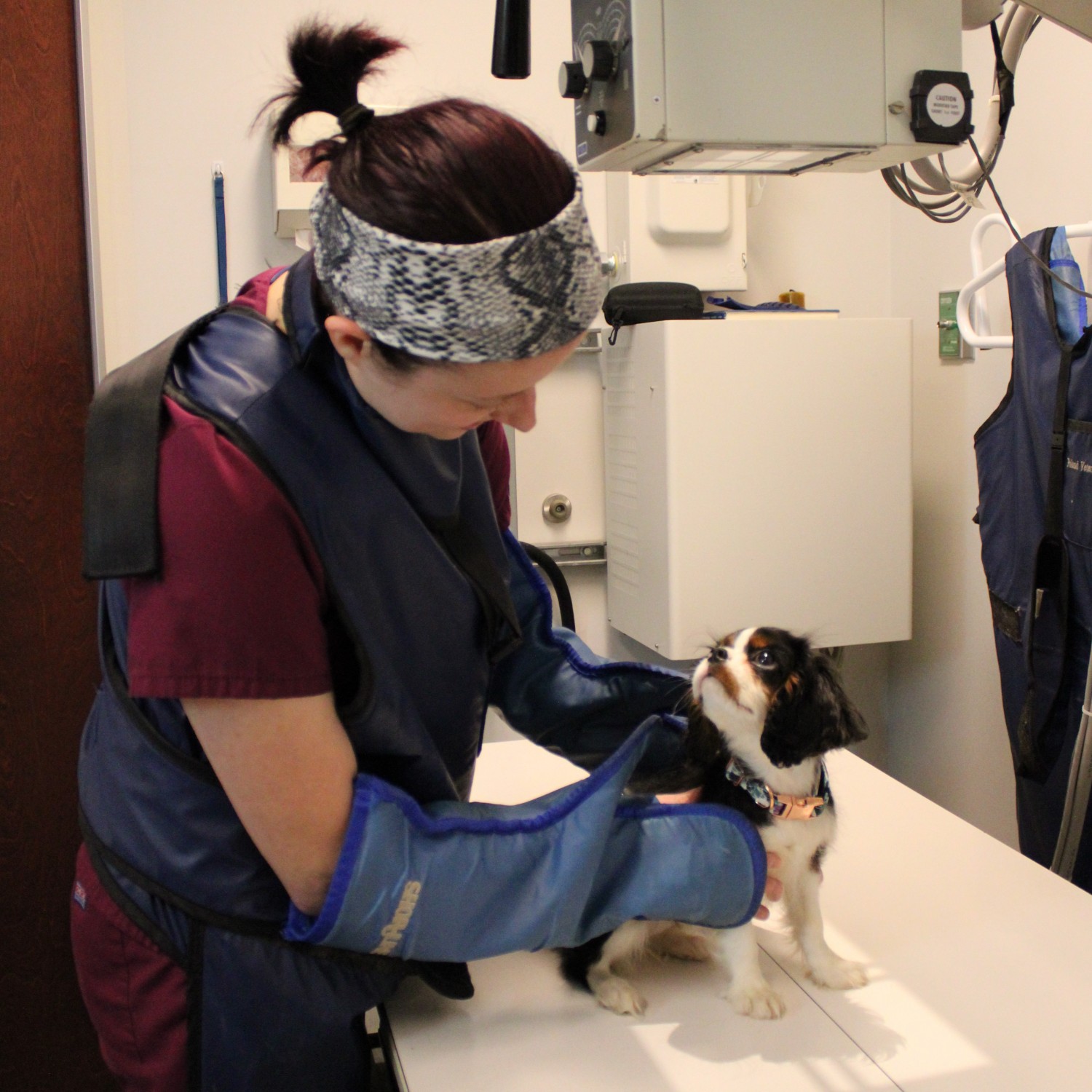|
Chocolate
Chocolate contains methylxanthines, such as theobromine and caffeine, that can cause anxiety, agitation, GI distress, and seizures. Treatment can include decontamination, fluid therapy, various medications, and additional blood work/supportive care for 2-3 days depending on the severity of a dog's clinical signs.
Mouse & Rat Poisons (Rodenticides)
There are several different classes of rodenticide, each with its own set of symptoms/treatment if ingested by a dog. Clinical signs can include severe GI distress, seizures, and difficulty breathing. Treatment can be extensive, with continued medication and blood work for at least 4 weeks following ingestion.
Vitamins & Minerals
Most OTC multivitamins pose little risk if your dog ingests them, but it's important to note whether the following ingredients are present: xylitol, vitamin D, iron, or calcium. These ingredients can be toxic to dogs, and it's important to seek veterinary help if you suspect ingestion.
Non-Steroidal Anti-Inflammatory Drugs (NSAIDs)
Common OTC human NSAIDs with active ingredients such as aspirin, ibuprofen, and naproxen sodium include Advil, Aleve, and certain types of Motrin. Common veterinary NSAIDs also can be toxic when administered incorrectly. Symptoms can include vomiting, diarrhea, abdominal pain, lethargy, and dehydration, sometimes leading to GI ulceration or renal failure.
Cardiac Medications
Calcium channel blockers, beta blockers, and ACE inhibitors are some of the broad categories of cardiac medications commonly used in both human and veterinary medicine. Treatment can include decontamination, blood pressure monitoring, fluid therapy, and blood work monitoring.
Insect Bait Stations
Insect bait stations are easy for dogs to reach due to their usual placement on floors, and their peanut butter base makes them very attractive to dogs. The active ingredients in bait stations are usually low in concentration but still pose a threat to your dog. In addition, the plastic on the bait station could cause GI upset and possible foreign body obstruction.
Cold & Allergy Medications
If your dog ingests a product labeled for cold and flu or allergy, it is important to note the active ingredient so that we can treat your pet appropriately. For example, if your dog ingests Claritin, the doctors probably won't be too concerned (unless the quantity was excessive) due to the wide margin of safety. However, if your dog ingests Claritin-D (decongestant), the large amount of pseudoephedrine in each pill could be fatal.
Antidepressants
Veterinarians sometimes prescribe one class of antidepressants to treat a wide variety of behavioral problems; however, they must be given as prescribed. When taken incorrectly, clinical signs can include vomiting, diarrhea, tremoring, seizures, and abdominal pain.
Xylitol (artificial sweetener)
Xylitol has gained popularity because of its dental plaque fighting properties and low glycemic index. Xylitol is now found in almost all sugar-free products, including diabetic snacks, baked goods, mouthwashes, toothpastes, chewing gum, mints/candies, chewable multivitamins, and nasal sprays. If xylitol is listed within the first 5 active ingredients, severe toxicosis can occur 15-30 minutes after ingestion. Clinical signs include lethargy, weakness, and vomiting.
Acetaminophen
Acetaminophen is a popular OTC analgesic used in humans. While this medication is very safe for human use, it can cause liver damage in dogs. Following acetaminophen ingestion, a dog's clinical signs might include dry eye, malaise, decreased appetite, and vomiting. Generally, prognosis is good if your pet has received the correct treatment, so be sure to report any inappropriate ingestion.
Additional Information:
Poisonous Plants for Dogs and Cats
The Pet Care Library is intended to provide pet owners with information regarding pet care and diseases. This library and its contents should be used in conjunction with a veterinarian's advice, not as a replacement. Please contact our office with any questions or concerns.
|






